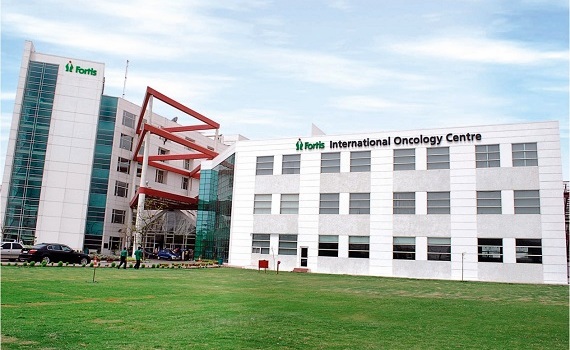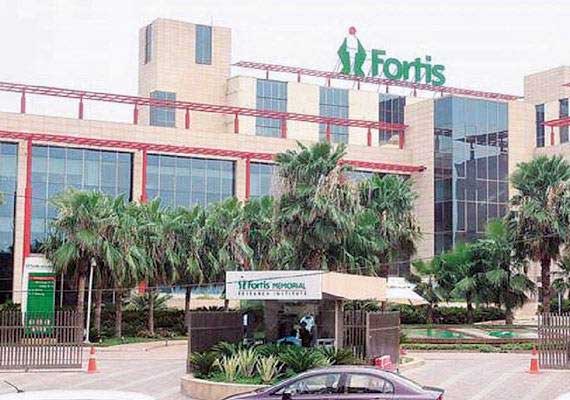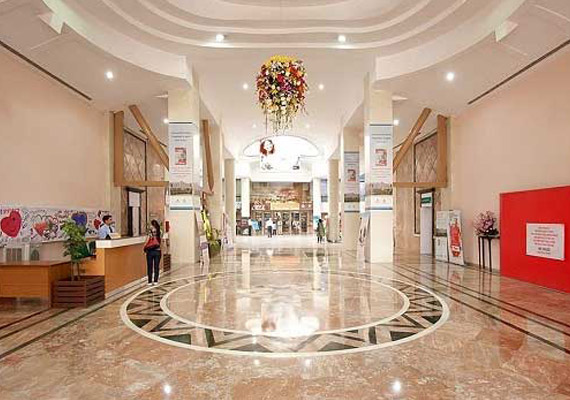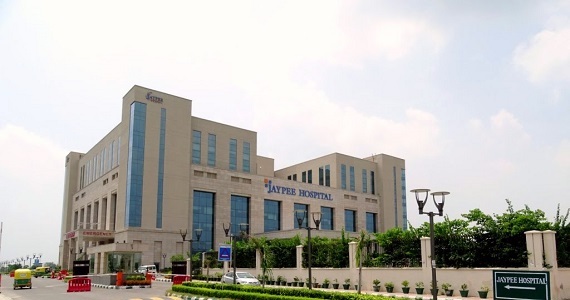ERCP with Pancreatic Stone Lithotripsy Treatment in India
treatment
starting from
Introduction
Pancreatic stones can cause excruciating pain and serious complications, affecting the quality of life for those suffering from this condition. However, medical advancements have led to a revolutionary treatment called Endoscopic Retrograde Cholangiopancreatography (ERCP) with Pancreatic Stone Lithotripsy. In this blog, we will delve into the symptoms, causes, diagnosis, and treatment of pancreatic stones, with a special focus on the breakthrough procedure, its cost in India, and its potential to provide relief to countless patients.
Understanding Pancreatic Stones
Pancreatic stones, also known as pancreolithiasis, are hardened mineral deposits that form in the pancreatic ducts, obstructing the flow of digestive enzymes and causing inflammation. The condition is often linked to chronic pancreatitis, a long-term inflammation of the pancreas. Over time, these stones can lead to severe complications, including infection, pseudocysts, and even pancreatic cancer.
Symptoms of Pancreatic Stones
The symptoms of pancreatic stones can vary in intensity and may include:
- Abdominal Pain: Persistent, severe abdominal pain that radiates to the back is a hallmark symptom. The pain may worsen after meals or when lying down.
- Nausea and Vomiting: Nausea and vomiting may occur due to the disrupted digestive enzyme flow.
- Unexplained Weight Loss: Difficulty absorbing nutrients can lead to unintended weight loss.
- Jaundice: If the stone obstructs the bile duct, it can cause jaundice, characterized by yellowing of the skin and eyes.
- Fever and Chills: Infection of the pancreas or surrounding areas may lead to fever and chills.
Causes of Pancreatic Stones
The exact cause of pancreatic stones remains unclear, but several factors can contribute to their formation:
- Chronic Pancreatitis: The majority of cases are associated with chronic inflammation of the pancreas, which can lead to calcification and stone formation.
- Alcohol Consumption: Excessive and prolonged alcohol consumption is a significant risk factor for chronic pancreatitis and subsequent stone formation.
- Gallstones: In some cases, gallstones can migrate to the pancreatic duct and trigger the development of pancreatic stones.
- Genetic Predisposition: Certain genetic conditions can increase the likelihood of developing pancreatic stones.
Diagnosis of Pancreatic Stones
Diagnosing pancreatic stones involves a combination of clinical evaluation and diagnostic tests, including:
- Medical History and Physical Examination: The doctor will review the patient's medical history and conduct a thorough physical examination to assess symptoms and potential risk factors.
- Blood Tests: Elevated levels of pancreatic enzymes and bilirubin in the blood can indicate pancreatic disorders.
- Imaging Studies: Techniques like abdominal ultrasound, CT scan, or MRI can visualize the pancreas and detect the presence of stones.
- Endoscopic Ultrasound (EUS): EUS allows for more detailed imaging of the pancreas and is particularly useful in locating small stones.
Treatment Options for Pancreatic Stones
Treatment aims to relieve symptoms, restore pancreatic function, and prevent complications. Conservative management includes pain relief, enzyme replacement therapy, and dietary adjustments. However, when pancreatic stones cause persistent pain and complications, more invasive approaches are necessary.
ERCP with Pancreatic Stone Lithotripsy: A Game-Changer
ERCP with Pancreatic Stone Lithotripsy is a minimally invasive endoscopic procedure that has revolutionized the treatment of pancreatic stones. It involves the following steps:
- Endoscopy and Cannulation: The procedure begins with an endoscope (a thin, flexible tube with a light and camera) inserted through the mouth and into the small intestine. The physician locates the opening of the pancreatic duct and the bile duct and inserts a smaller tube (catheter) into these ducts.
- Lithotripsy: Once the stones are identified, lithotripsy is performed to break them into smaller fragments using specialized tools like laser or mechanical lithotripters.
- Stone Removal: The smaller stone fragments are then removed from the ducts using the endoscope or a tiny basket-like device.
- Stent Placement: In some cases, a temporary stent may be placed in the ducts to facilitate better drainage and reduce the risk of stone recurrence.
Benefits of ERCP with Pancreatic Stone Lithotripsy
- Minimally Invasive: The procedure is performed through natural openings, minimizing the need for surgical incisions and reducing recovery time.
- High Success Rate: ERCP with Pancreatic Stone Lithotripsy has shown impressive success rates in relieving pain and improving pancreatic function.
- Shorter Hospital Stay: Compared to traditional surgery, ERCP with lithotripsy allows patients to leave the hospital sooner.
- Reduced Complications: The procedure carries a lower risk of complications than open surgery.
Cost of ERCP with Pancreatic Stone Lithotripsy in India
The cost of ERCP with Pancreatic Stone Lithotripsy in India is relatively affordable compared to many other countries. As of 2023, the procedure's cost can vary depending on the hospital, the surgeon's expertise, and the patient's specific needs. On average, the cost ranges from $1500 to $3000 in India, making it a cost-effective option for patients seeking this innovative treatment.
Conclusion
ERCP with Pancreatic Stone Lithotripsy has emerged as a game-changing procedure in the treatment of pancreatic stones, offering hope and relief to patients suffering from this debilitating condition. With its minimally invasive approach, high success rates, and affordable cost in India, this breakthrough treatment has the potential to transform the lives of countless individuals, allowing them to regain control of their health and wellbeing. If you or a loved one are experiencing symptoms of pancreatic stones, it is essential to consult a qualified healthcare professional to explore the best treatment options available. Remember, early detection and timely intervention can make a significant difference in managing this condition successfully.
How It Works
Need help in organizing medical travel to India?











